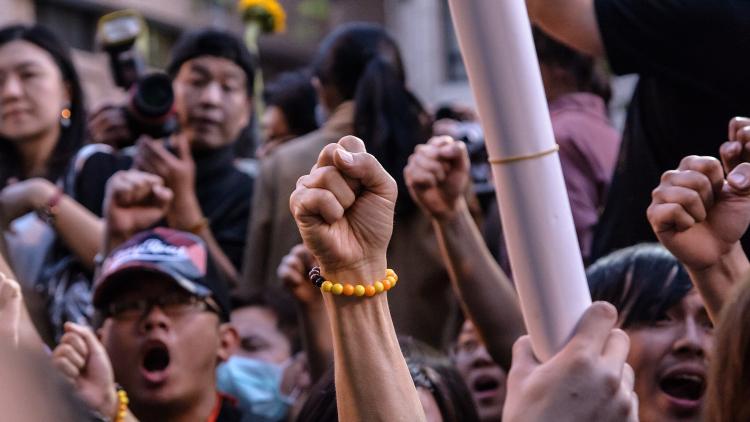
Fewer elections for better democracy? How subnational centralization curbs clientelism in Taiwan

Key information
- Date
- Time
-
5:00 pm to 6:30 pm
- Venue
- Main Building, SOAS University of London, 10 Thornhaugh St, London WC1H 0XG
- Room
- RG01
About this event
This public lecture will discuss how Taiwan's 2010 municipal reform reveals the impact of subnational political centralization on reducing clientelism in developed democracies.
Conventional insights from studies in developing countries show that the decline and resilience of clientelism (i.e. exchange of material favors for political support) can mainly be explained by three factors: level of development, democratic competition, and sequence of institutional development.
While these theories are irrefutably powerful in many circumstances, new explanations are still required when all three key determinants cannot fully account for outlier cases, such as Taiwan. As an advanced economy and robustly vibrant democracy for more than 20 years, Taiwan, though improved drastically, still relatively underperforms in terms of inhibiting clientelistic exchanges when compared to its economic and democratic counterparts.
I argue that subnational political centralization (i.e. abolition of local-level elections), or SPC, can curb clientelism by eradicating both the incentives and the capacity for local politicians to maintain their own clientelistic brokerage network. To test the theory, I exploit a subnational centralization initiative in Taiwan: the 2010 municipal reform.
Meet the speaker
Sanho Chung
Sanho Chung is a Ph.D. Candidate in Political Science at the University of Arizona, USA. His research interests rest on clientelism, local government arrangements, and other general topics on democracy and autocracy, with a regional focus on East Asia, especially Taiwan and Hong Kong.
He obtained his Master of International Relations from Australian National University in 2016. Prior to that, he received his B.SoSc in Government and International Studies at Hong Kong Baptist University in 2015. His research has been supported by the American Political Science Association (APSA), the Social and Behavioral Sciences Research Institute (SBSRI) at the University of Arizona, the Mercatus Center at George Mason University, and the Hong Kong Professional Network (HKPN), among others.
His research outputs have appeared in the Journal of Sport and Social Issues, China Perspectives and Contemporary Chinese Political Economy and Strategic Relations: An International Journal.


